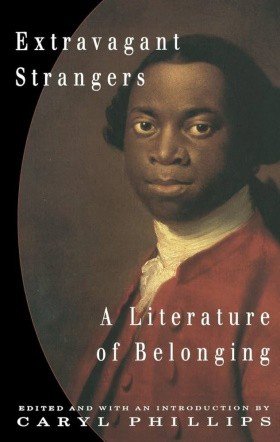How he’d like to mount and stuff her lipsticked mouth,
His eyes suddenly dreamy with designs –
Nearly missing a light he slammed the car stop,
Snatched the hand-brake up.
Wheel throbbed in hand, engine giddy with anticipation.
As we toured the slums of Lambeth the meter ticked greedily.
He has come far and paid much for the journey
From some village in Berbice where mule carts laze
And stumble over broken paths,
Past the women with buckets on their heads puffed
With ghee and pregnancy,
Past the men slowly bent over earth, shovelling,
Past the clutch of mud huts jostling for the shade,
Their Hindu flags of folk defiant rituals
That provoked the Imperial swords of Christendom
Discoloured, hang their heads and rot
On bamboo pikes:
Now he knows more the drama of amber red and green,
Mutinies against double-yellow lines,
His aggression is horned like ancient clarions,
He grunts rebellion
In back seat discount sex
With the night’s last whore.
Michael Hofmann
[1957–]
Michael Hofmann was born in Freiburg, Germany. When he was seven years old, he left Germany for Britain. He was educated in Edinburgh, Bristol and Winchester before attending Magdalene College, Cambridge. Hofmann received a BA in English in 1979 and in 1980 he continued his studies at the University of Regensburg and at Trinity College in Cambridge. Upon obtaining his graduate degree in 1983, Hofmann became a freelance writer.
Hofmann’s debut volume of poetry, Nights in the Iron Hotel (1983), signalled the emergence of an unusual and significant talent. With prosaic rhythms and an offbeat sense of irony, his poems juxtapose familiarity with foreignness. The sense of ‘otherness’ is continued in his next collection, Acrimony (1986), which is divided into two parts. The first deals with a variety of emotional and political issues; the second is an intimate exploration of Hofmann’s complex relationship with his father, the novelist Gert Hofmann.
K.S. in Lakeland: New and Selected Poems was published in 1990. Hofmann has also translated several works from German, including Kurt Tucholsky’s Castle Gripsholm (1985), his father’s The Film Explainer (1995), and Joseph Roth’s The Legend of the Holy Drinker (1989). In 1984 he was the recipient of the Cholmondeley Award and in 1988 he won both the Geoffrey Faber Memorial Prize and the Schlegel-Tieck Prize. Since 1990 Hofmann has been teaching creative writing at the University of Florida in Gainesville.
Hofmann’s poetry exhibits a private anxiety altogether different from Dabydeen’s largely historically conditioned work. ‘The Machine That Cried’ (1986) depicts the often desperate, and always moving, desire of a young man to understand his dual heritage and then make a choice as to where his future lies.
THE MACHINE THAT CRIED
‘Il n’y a pas de détail’ – Paul Valéry
When I learned that my parents were returning
to Germany, and that I was to be jettisoned,
I gave a sudden lurch into infancy and Englishness.
Carpets again loomed large in my world: I sought out
their fabric and warmth, where there was nowhere to fall …
I took up jigsaw puzzles, read mystical cricket thrillers
passing all understanding, even collected toy soldiers
and killed them with matchsticks fired from the World War One
field-guns I bought from Peter Oborn down the road

























